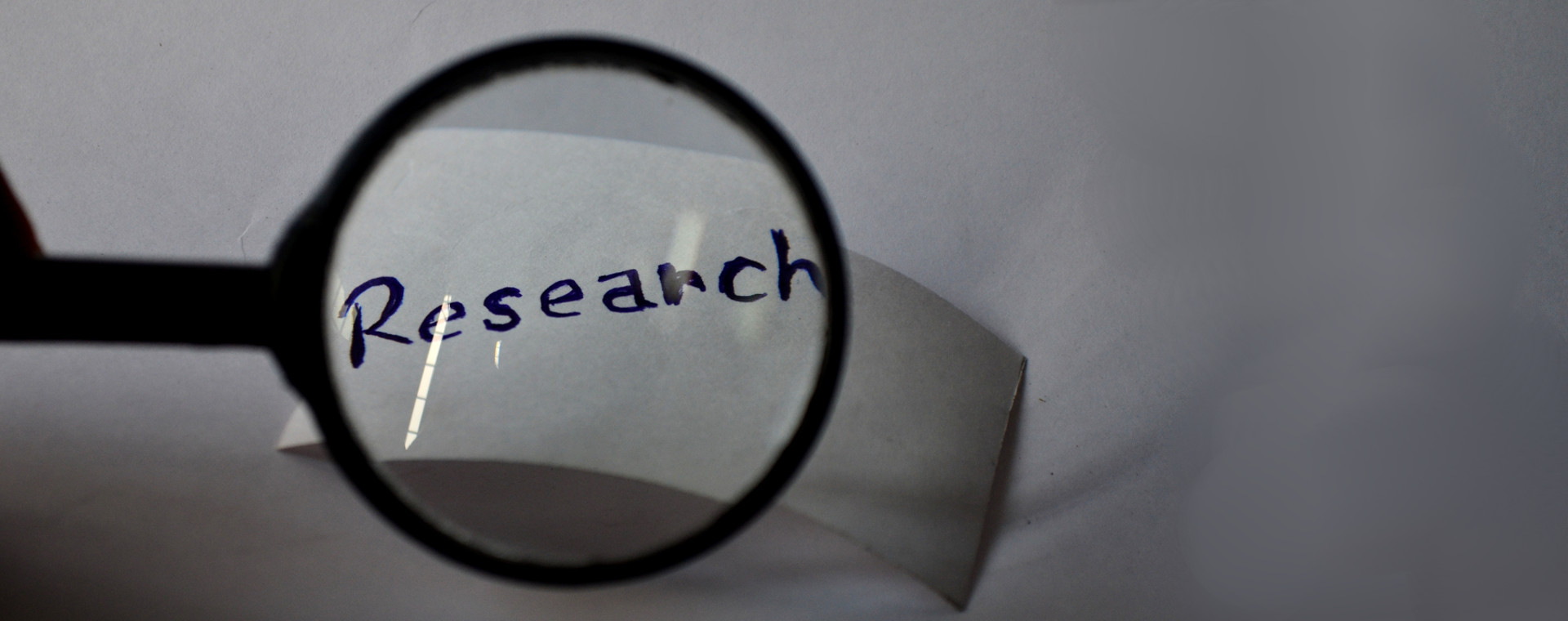Research
Research comprises "creative and systematic work undertaken to increase the stock of knowledge including knowledge of humans, culture and society, and the use of this stock of knowledge to devise new applications.”1 Research is also used to establish or confirm facts, reaffirm results of a previous study, find answers to a problem, and support or develop theories. Research may also be conducted as a follow up to previously completed investigations or to expand on a past work in the field.
The steps to conducting research are as follows:
- Identification of a research question or problem
- Writing the Literature review
- Specifying the purpose of the research
- Determining specific research questions
- Specification of a theoretical or conceptual framework sometimes including a set of hypotheses
- Choice of a methodology (for data collection)
- Data collection
- Verifying data
- Analyzing and interpreting the data
- Reporting and evaluating research
- Communicating the research findings and possible recommendations.
There are multiple benefits of research projects for students. First, it permits knowledge of basic concepts, terminologies, and literature in their chosen field of practice. Second, research contributes towards the development of a student’s independent critical thinking skills as well as oral and written communication skills. This ushers in the third benefit of research, which is to boost confidence as the student forms his or her conclusion based on available evidence. Fourth, is the sense of satisfaction students experience as they grow in their understanding of the research process and in their ability to integrate theory and practice. Finally, research oftentimes aids in clarifying a student’s career path.2

Reference List
1 OECD, Frascati Manual 2015: Guidelines for Collecting and Reporting Data on Research and Experimental Development, The Measurement of Scientific, Technological and Innovation Activities, (Paris: OECD Publishing, 2015), accessed July 20, 2018, http://www.oecd.org/publications/frascati-manual-2015-9789264239012-en.htm
2John K. Petrella and Alan P. Jung, “Undergraduate Research: Importance, Benefits and Challenges,” International Journal of Exercise Science 1, no.3 (July 2018): 91-95, accessed July 20, 2018, https://www.ncbi.nlm.nih.gov/pmc/articles/PMC4739295/
